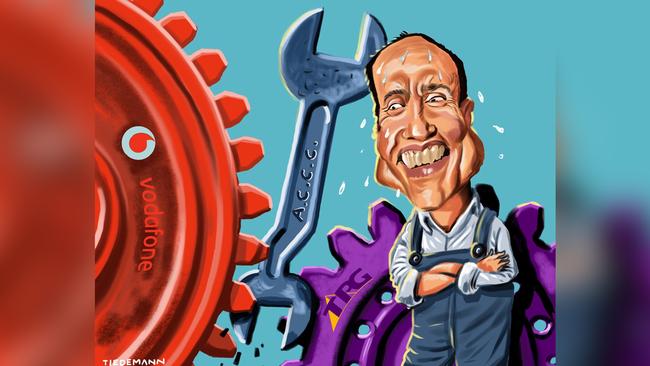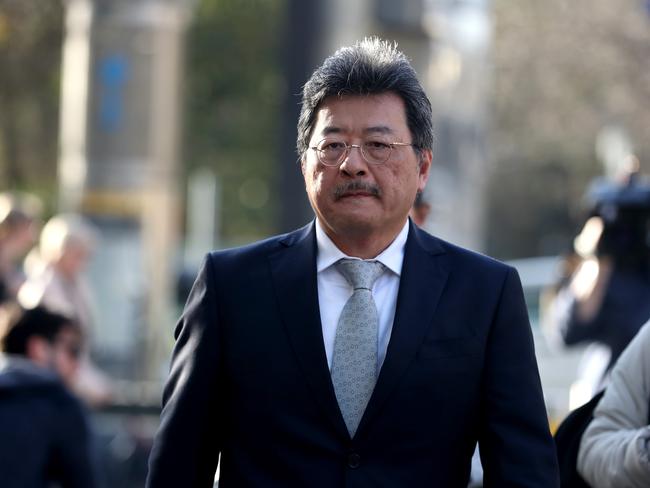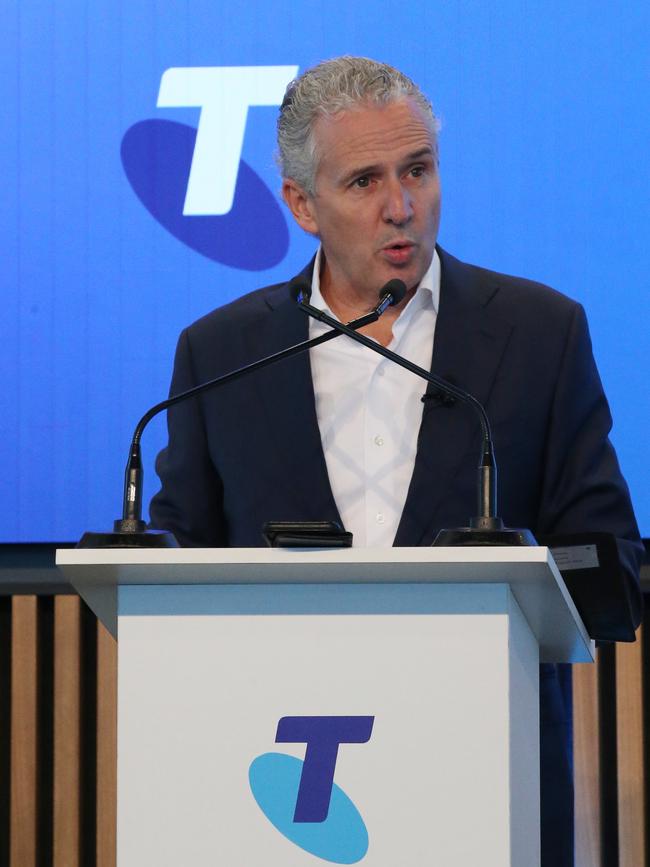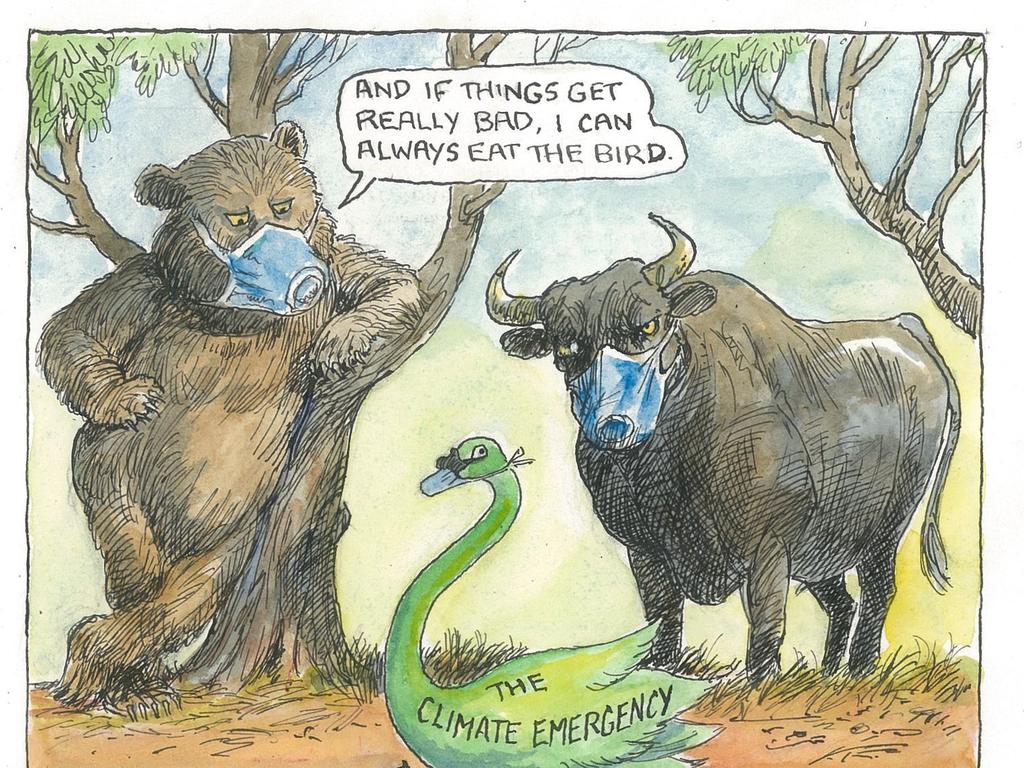
Later this month representatives from the top global regulators will be in Melbourne for the annual ICN merger workshop, timed just as the Federal Court is due to hand down its decision on the $15bn TPG-Vodafone merger.
The exact timing of the court decision is unknown but Federal Court judge John Middleton says it will be this month. Most lawyers think he will overturn the ACCC’s decision to block the deal.
Even if the matter is not appealed there is still a FIRB decision pending, which could come to a different conclusion than the court.
If Justice Middleton backs the ACCC then FIRB won’t make a decision.
The merger would combine the No 3 and No 4 players in Australia’s most important telecommunications market with more than $20bn in revenues.
TPG entered the market some years ago. It paid $1.3bn to buy spectrum and started rolling out equipment but when the federal government banned Huawei, its Chinese equipment supplier, from the 5G market the company withdrew.

The proposed boss of the merged company, Inaki Berroeta, has since signed a deal with rival Nokia, showing there are alternative providers to the Telstra-aligned Ericsson.
The ACCC argues there is a real chance TPG could re-enter the market if the merger is rejected. TPG boss David Teoh denies that, saying his modus operandi is to be a market leader, but the time has now passed in mobiles so it wouldn’t be worth his while to re-enter.
In other words he is saying he has no interest in mobiles any more (except in Singapore) — but the ACCC says there is a real chance he may change his mind.
The ACCC hears myriad merger pitches where one party says if there is no deal I am shutting up shop. It’s a variation of the failing firm argument and rarely passes muster. That is the ACCC view but it remains to be seen whether Justice Middleton agrees.
Either way, the handing down of a major merger decision ahead of the ICN conference means it will no doubt be talked about in the hallways later in the month.
The conference includes all the major regulators, with French competition boss Isabelle de Silva to deliver the annual Bannerman Competition lecture.
The conference will include 225 people from 45 markets around the world. It’s a chance for global regulators to compare notes and cover topics ranging from digital markets to engaging the judiciary and use of technology.
Holding pattern
When the ACCC was advocating amendments to section 46 of its Act it often cited the example of airlines dumping seats on routes to trample on smaller rivals.
When ACCC boss Rod Sims was advocating the need for a flexible abuse of market power provision in his armoury he used the example of an airline dumping capacity on a market that may have the effect of hurting competition.
When Qantas said it was adding its name to the Sydney to Ballina route on top of existing Jetstar and Virgin flights, smaller rival Rex went to the ACCC and complained.
Rex, it should be noted, has perfected the art of complaining while running its efficient regional service.
The issues are difficult for the ACCC because in the short term, by definition, more players means more competition and lower airfares but long-term this could hurt competition and maybe see prices increase.
Just to put some context on the decision, Rex has now dropped its Sydney-Ballina routes along with two in South Australia, including long-running services to Kangaroo Island where Qantas joined the market three years ago.
The timing on Kangaroo Island was not great given the fires, so on that one it has ceded ground to Qantas.
The ACCC is obviously taking a look at the market behaviour but as noted it is not as straightforward as first appears in Rex’s mind given the Ballina route also includes Virgin.
Don’t expect an ACCC lawsuit today.
Telstra pays its way
Telstra boss Andy Penn will use an AmCham lunch in Melbourne on Thursday to warn of the occasional unintended consequences of the rollout of new technology. This will be a convenient time to explain the change in its stance on small supplier payments, where the company has agreed to pay within 20 days.
The speech will focus mainly on technology as its relation to customers and how sometimes the company has caused confusion and then rectified the problems.

The good news is that computer algorithms don’t understand context or nuance so computers still need people to provide the benefits, according to RMIT Chancellor Ziggy Switkowski, in a recent Australian Unity event speech.
Switkowski provided useful context to the innovation debate by noting “most people already interact with machines in the workplace, but humans still run the show”.
Just how long that lasts remains to be seen.
However, right now “working in tandem, smarter machines and better skilled humans will likely drive swifter and more compelling innovations”.
Algorithms, he noted, were just computer programs making decisions based on rules that humans either provided, or they learned.
Algorithms have the benefit of being consistent, precise and tireless without human frailties like bias.
But they don’t yet understand context, nuance, emotion or empathy. That is where humans come in.
It also explains why the big social media and search platforms like Google and Facebook run into a litany of regulatory problems as they scoop up data to learn more about us.
Switkowski argued authority and decision rights will shift from people to algorithms as they improve.
Digital assistants like Siri, Alexa and Google Home are leading the way.
The challenge, he noted, will not be technical, but the ethical, legal and regulatory questions that computers are inevitably asking.
A US National Academy of Engineering survey in 2000 asked what the century’s greatest inventions were — and the list included the likes of electricity, aeroplanes, telephones, computers and water supply. The internet came in 13th place.
Today it would rank in first place.
This year’s new RMIT students have not lived without the internet, smartphones, flat panel televisions and phones with HD cameras.
The internet of things will become the intelligence of things.







